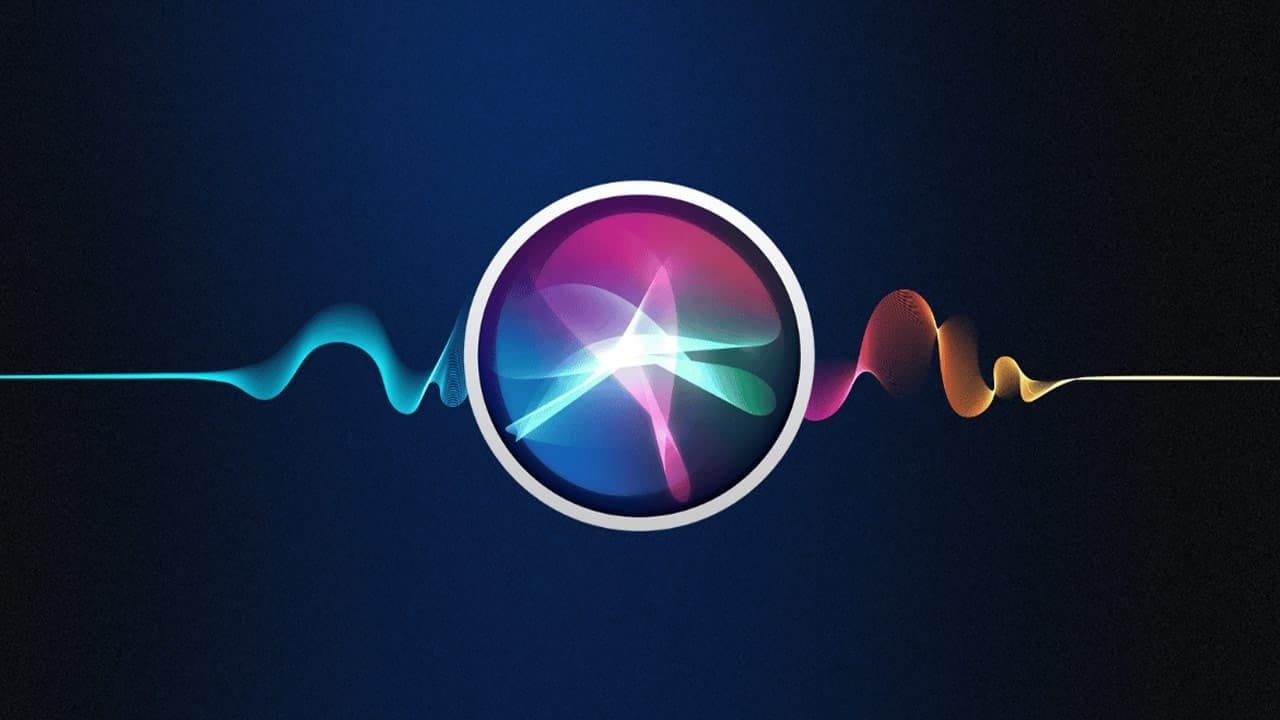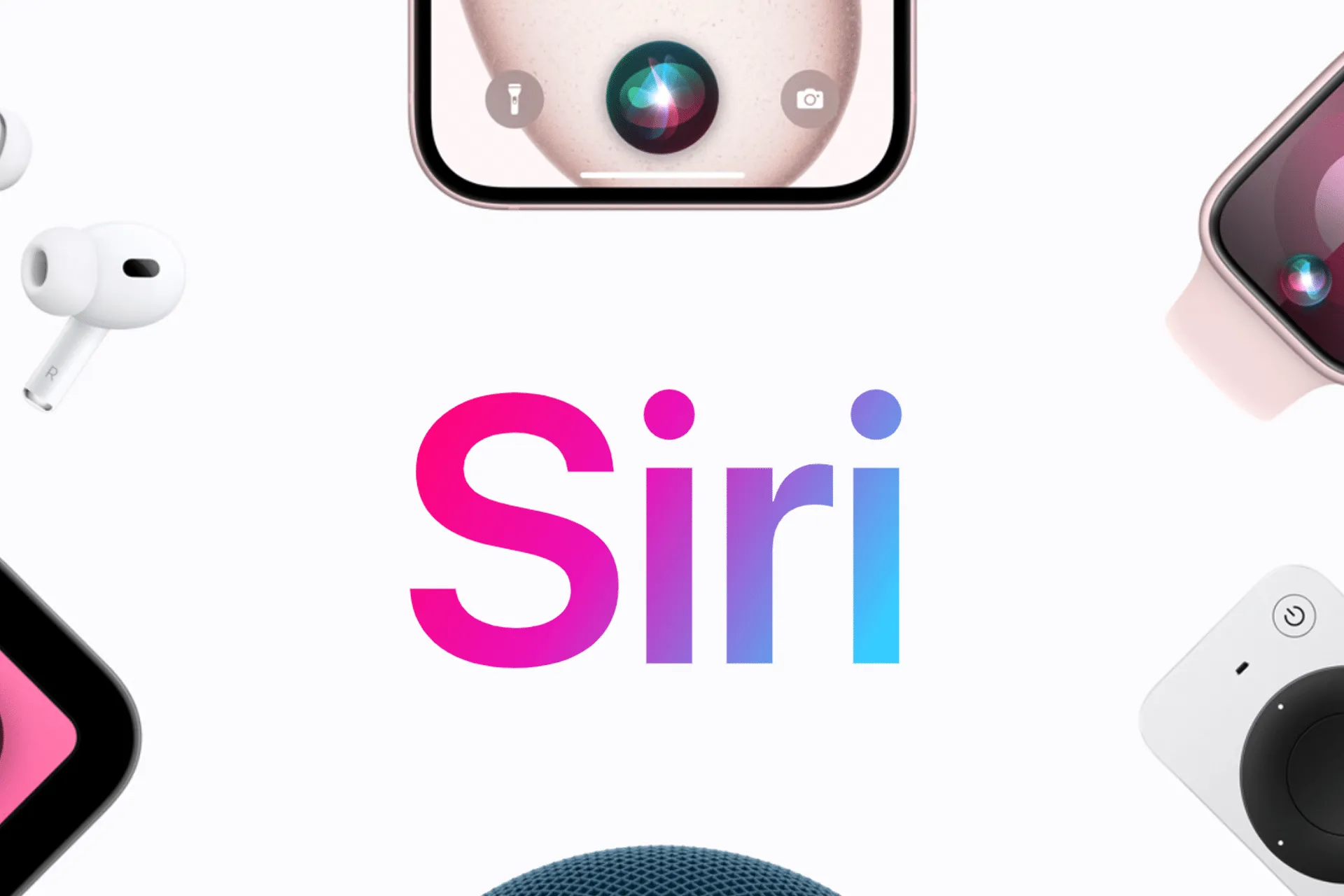
Siri’s journey from a flagship feature to a point of frustration for users highlights a significant shift. As noted by observers, Siri’s functionality has degraded over time, even failing at basic tasks such as naming the current month—a clear step back from its initial capabilities. This decline has been accompanied by a rising floor of user expectations, which Siri has failed to meet.

The potential fixes are radical but perhaps necessary. Suggested strategies include phasing out the Siri brand, switching to a more generic ‘Voice Control’ label, and stripping back to only the most reliable features. This approach would also involve a less personified interaction model, shifting away from the friendly assistant persona to a more utilitarian voice command system.
Future Prospects: A Shift to AI-First Hardware?
Looking ahead, there’s a sense that simply adding more AI might not resolve the underlying issues but could complicate them further. Instead, leveraging Apple’s strengths in hardware design and ecosystem integration may provide a path forward. Proposals for enhancing system integration for AI voice assistants like ChatGPT Advanced Voice Mode, Google Gemini, and others suggest a move towards a more open ecosystem. This would allow these advanced systems to operate more freely within iOS, potentially offering a richer, more seamless user experience.

Moreover, the suggestion to pivot away from an AI-first approach to prioritize high-quality hardware and software integration points to a broader strategy for Apple. This could reposition the iPhone and other devices as premium platforms that support a variety of advanced, third-party AI applications without being limited by the in-house development of Siri.
The Implications of Standing Still
The consequences of failing to innovate in this space could be significant. As the tech landscape evolves, users may begin looking elsewhere for devices that offer better integrated and more capable AI solutions, potentially diminishing the iPhone’s appeal despite its other strong features like camera quality and system design.

A Crucial Pivot Point
As Apple heads towards future updates and possibly iOS 19, the decisions made about Siri and broader AI integration will likely be pivotal. With WWDC 2025 on the horizon, the technology giant stands at a crossroads. It can either revamp its approach to AI and voice interaction or continue facing criticism for a once-celebrated feature that now lags behind its competitors. The next few months could very well determine whether Siri can reclaim its reputation or if it will serve as a cautionary tale of innovation that failed to evolve.
